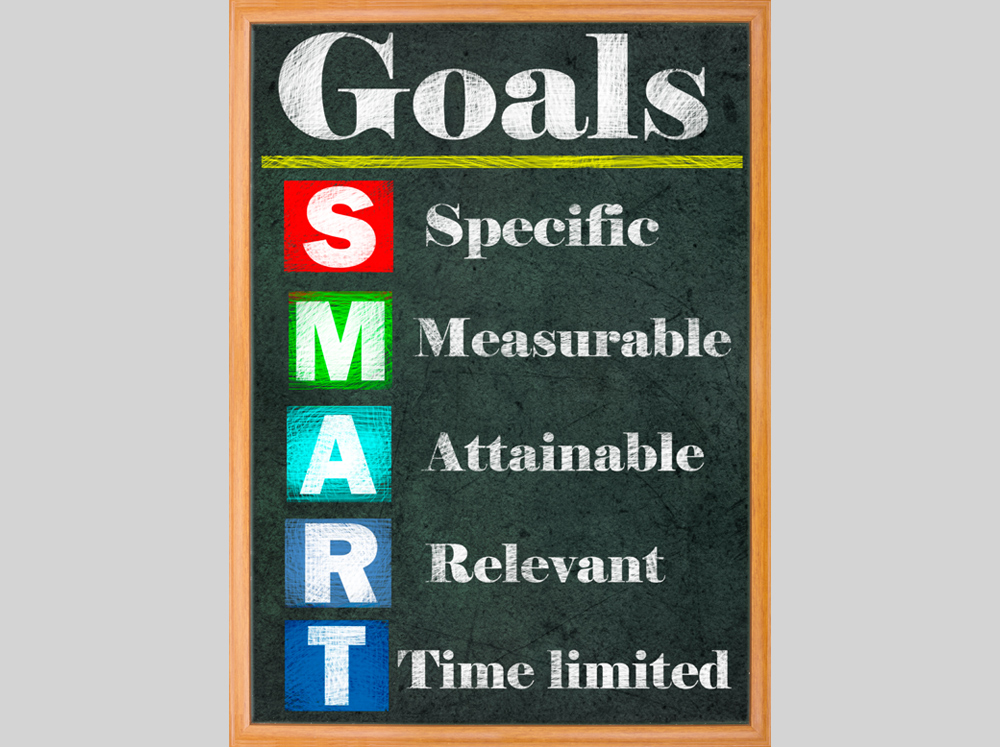
Each business has a unique raison d’etre (reason for existence). For example, Firm A may be a charity working towards alleviating poverty in a certain area while Firm B may want to aggressively grow its market share. Whatever the nature of the business you are in, it is important to understand the purpose of the business and to convert this overall purpose into a set of SMART business goals which are aligned to the overall purpose.
SMART stands for Specific, Measurable, Attainable, Relevant and Timely so goals that are SMART should have all these attributes. For example, if a goal is to “increase sales” then that is not SMART according to the criteria given above. This general Marketing wish is vague and needs to be a lot more specific if it is to be practically implemented. For example, you could refine the goal of “increase sales” to “increase sales by 5% this month” The amount of 5% needs to be realistic considering your product type and market conditions. Also the amount of 5% increase may be realistic when there is market potential but as the market gets saturated and your output increases the 5% may become unrealistic. For example, if I am offered one glass of water when I am thirsty, I will buy it. However, the marginal utility of each additional glass of water declines. After a certain threshold more glasses of water may even start having negative utility. This law of diminishing marginal utility needs to be kept in mind when setting SMART goals.
Setting SMART goals facilitates performance tracking and measuring results which in turn enhances Return on Investment (ROI). For example, if you want to increase Return on Investment (ROI), then you can use call tracking to determine which of your marketing channels is generating the most convertible leads and you can re-allocate your marketing money according to the analytic results. This ensures that your assets are allocated optimally.
If you set yourself a SMART goal and you find that you were unable to achieve that goal, then you need to ask yourself why? For example, if you expected your company’s sales to rise by 5% and they did not then was it because your sales agents lost some potential customers through inadequate call handling? You could listen to call recordings to check whether they are handling incoming calls to optimize sales. These recordings can be the basis of training your sales agent in customer handling techniques.
All in all, by setting SMART goals you automatically come closer to achieving those goals. SMART goals and intelligent tracking and monitoring enables you to actualize your company’s potential.

